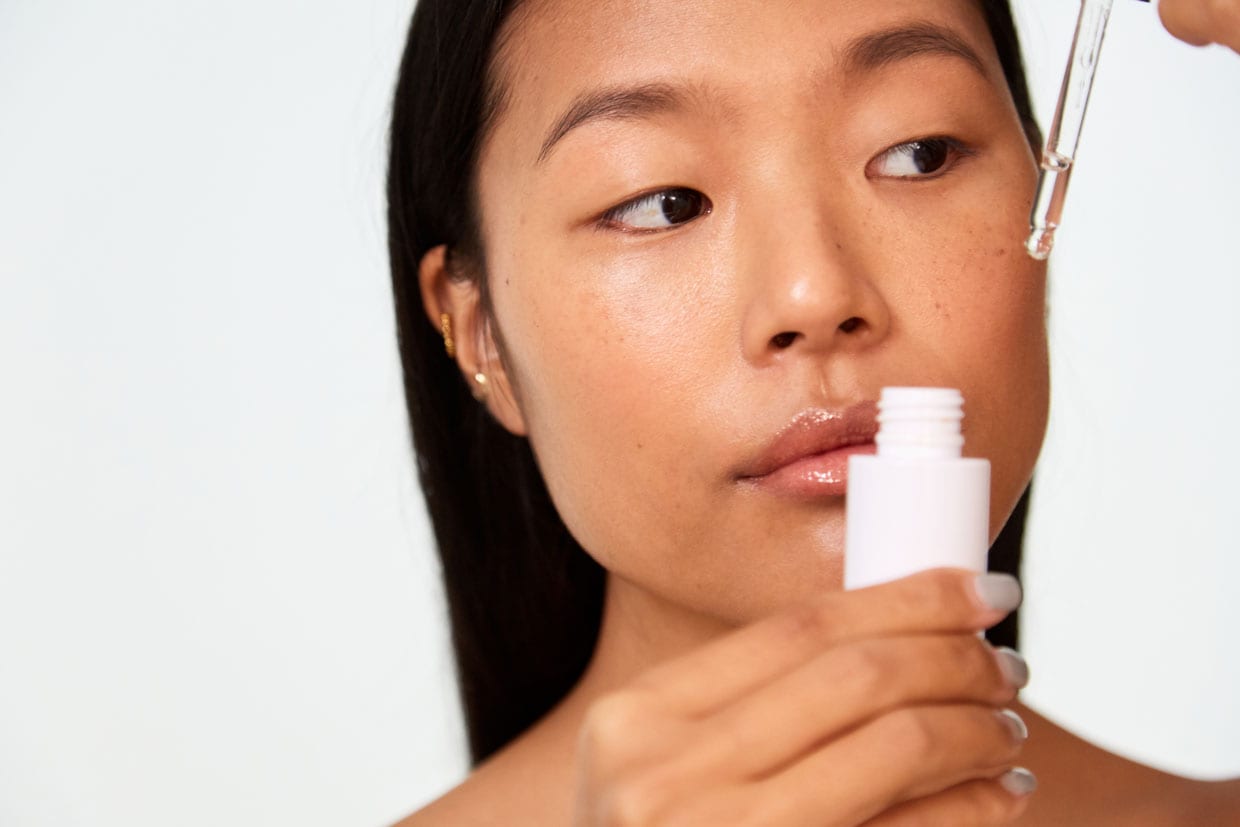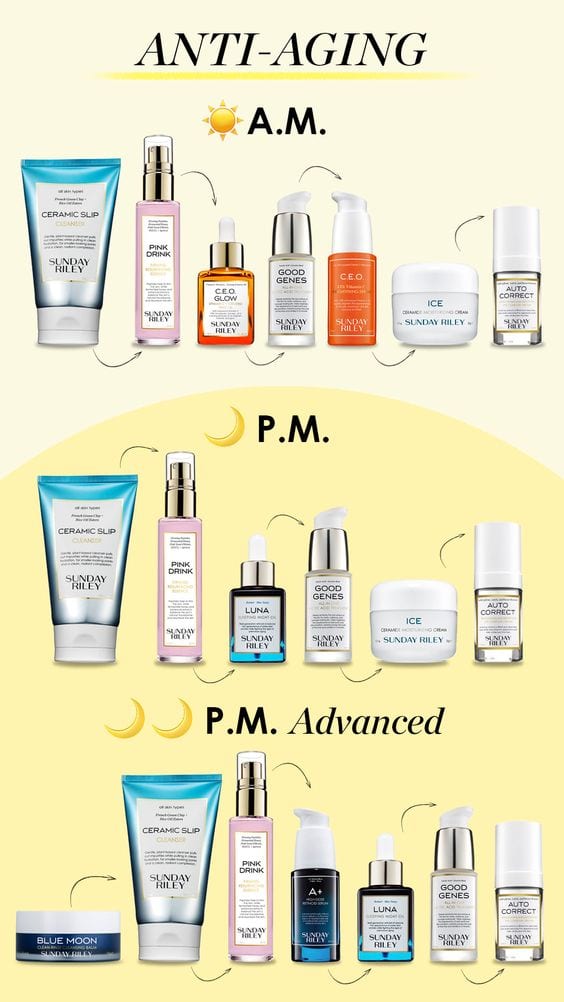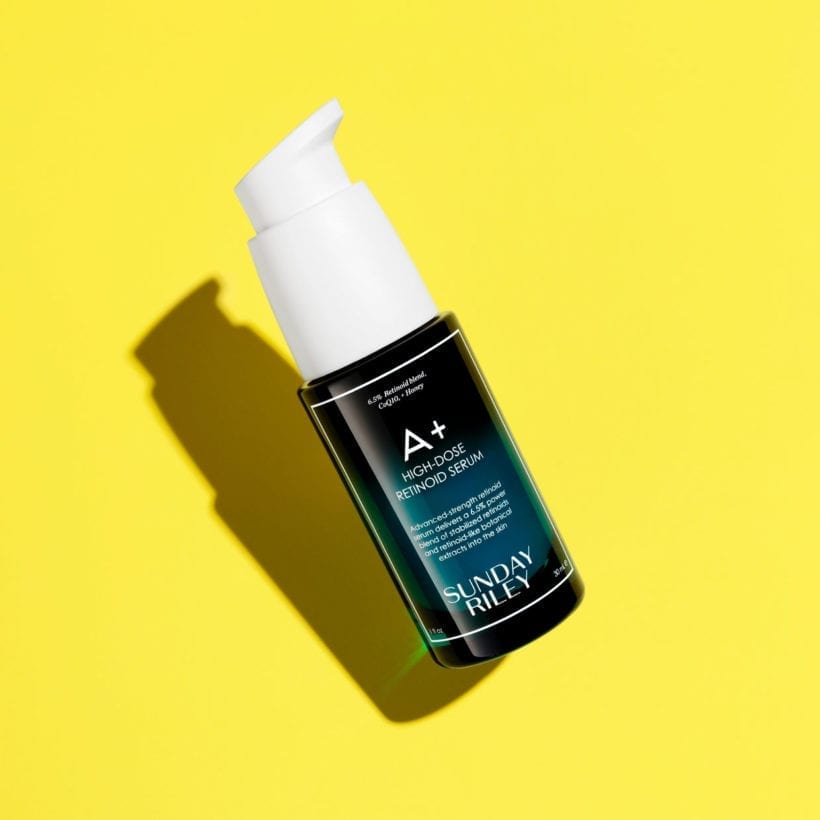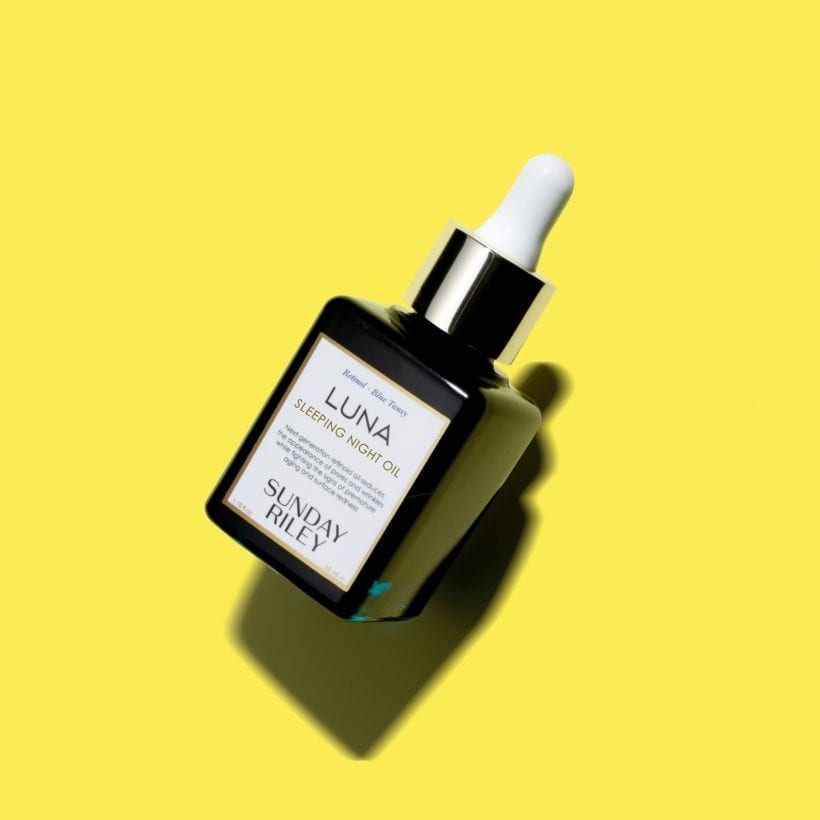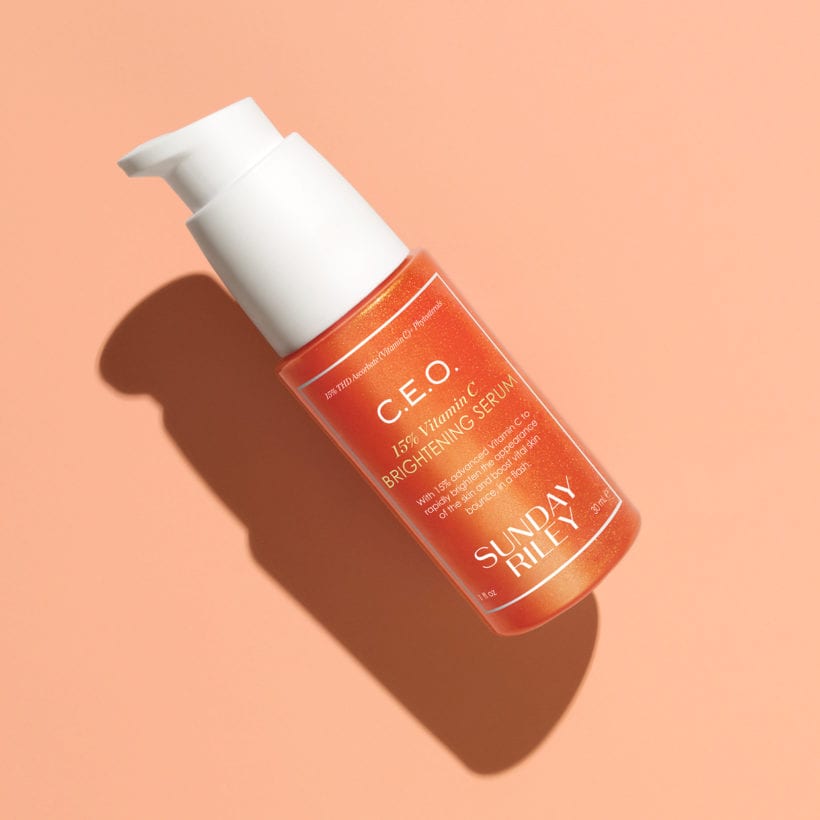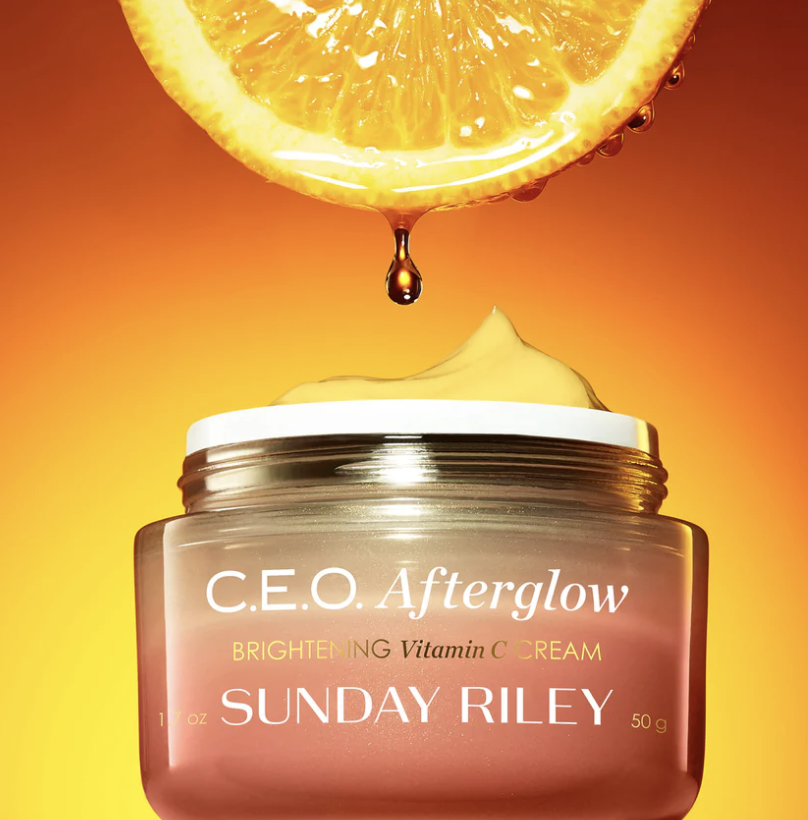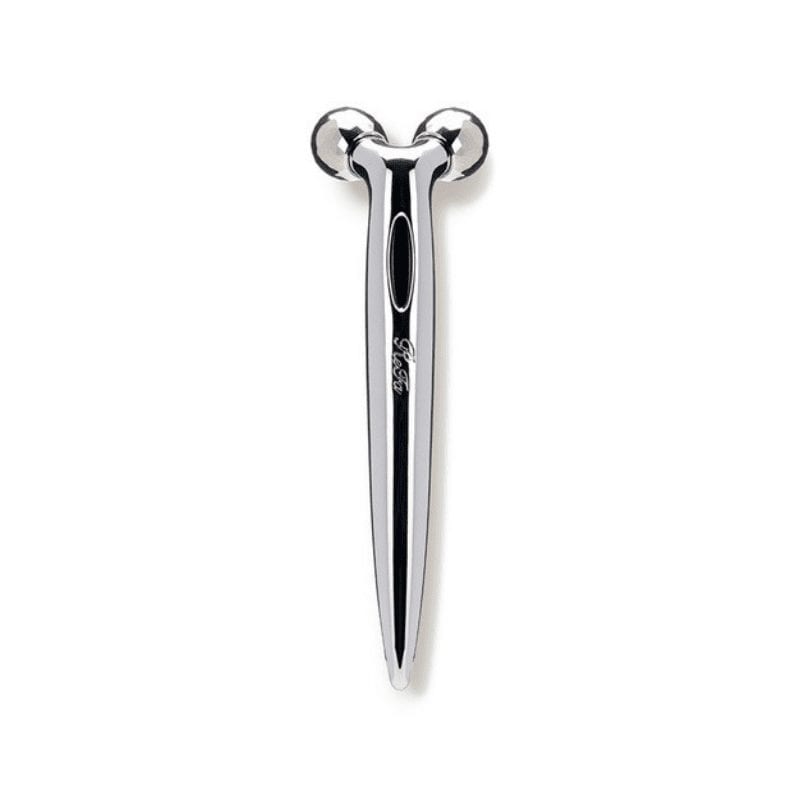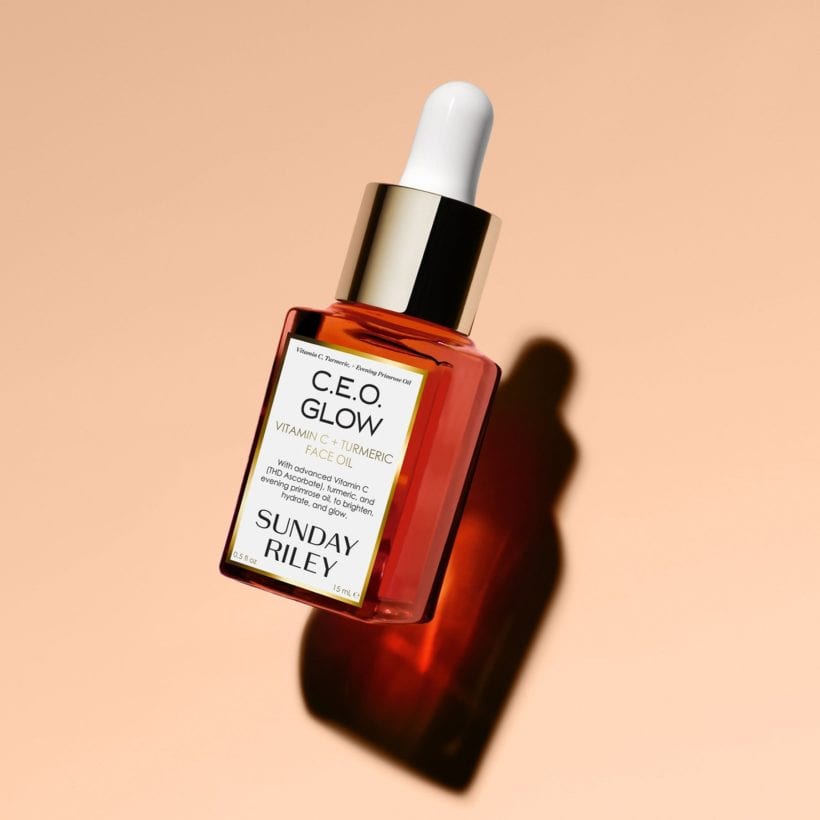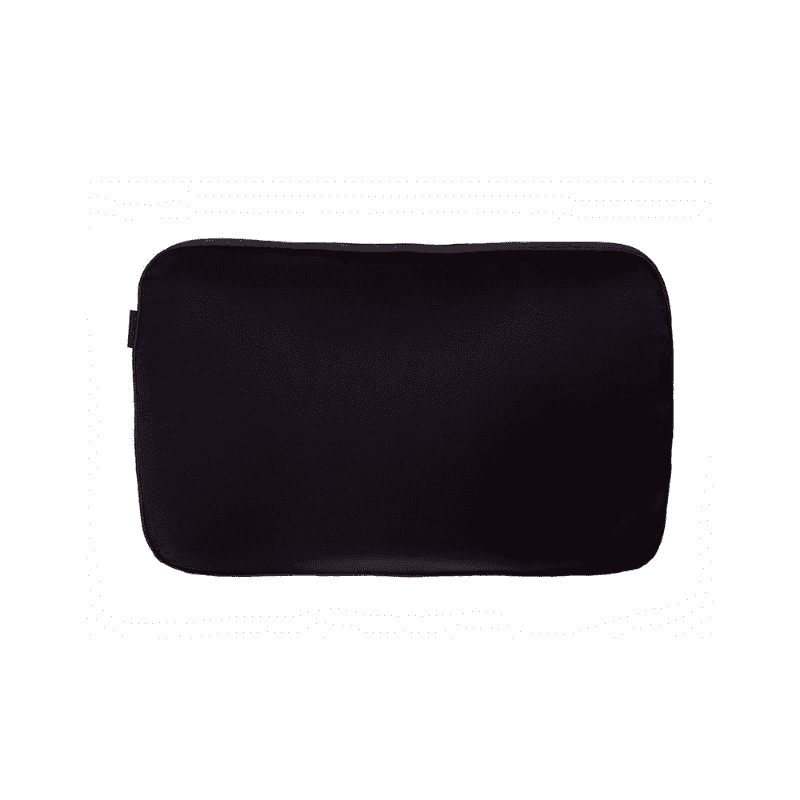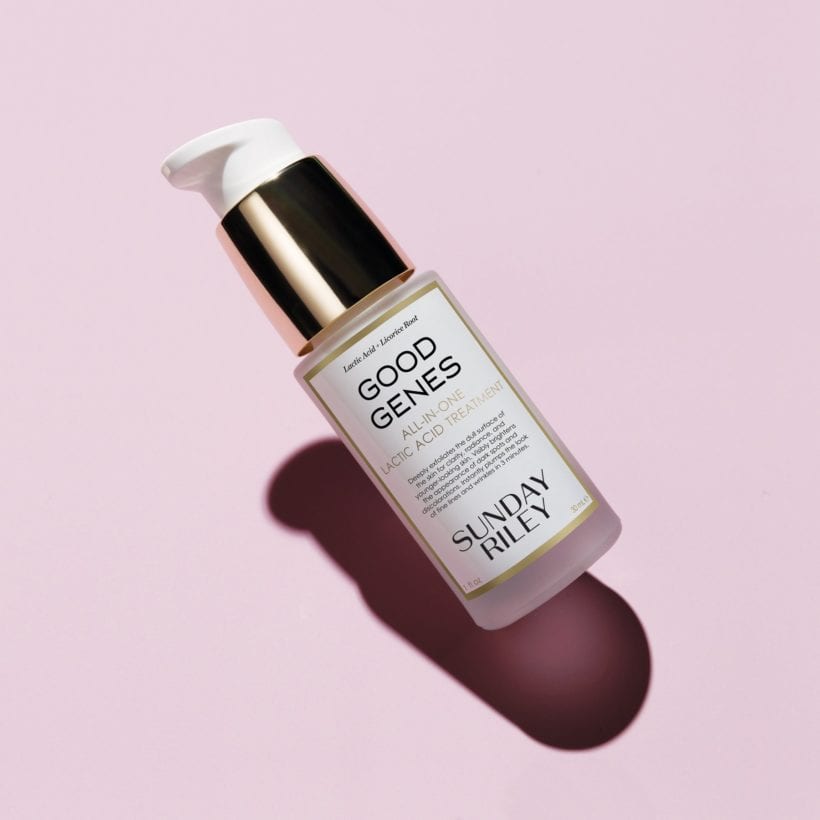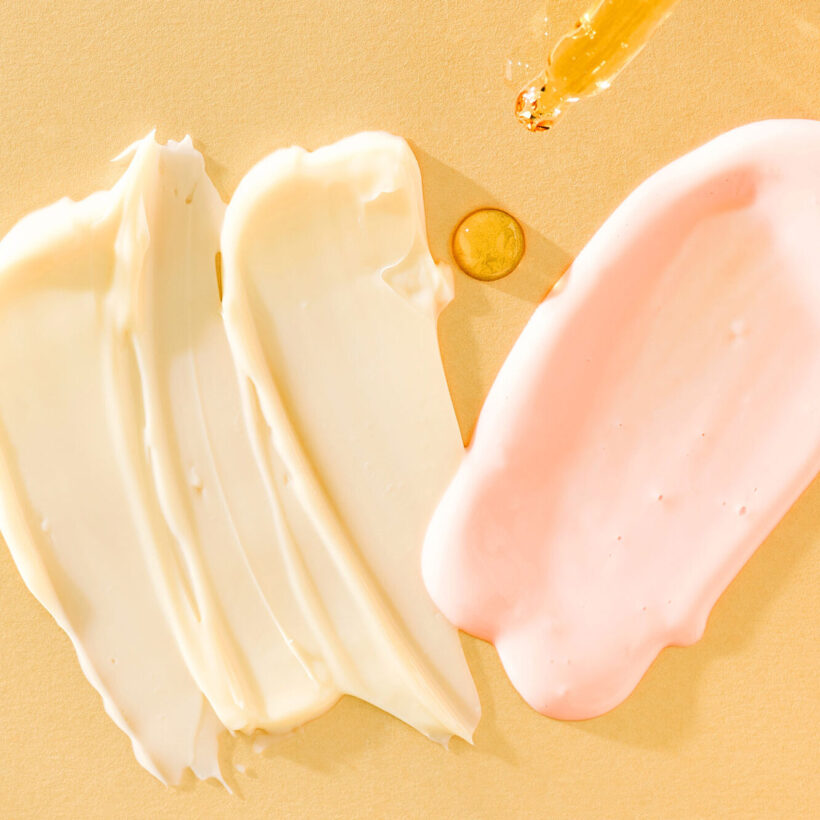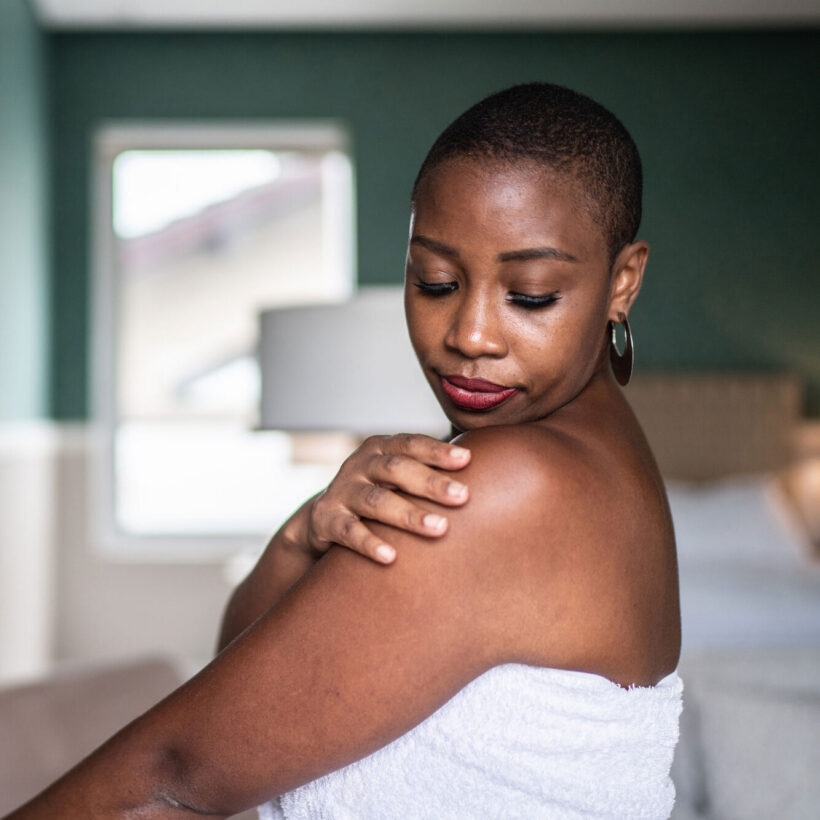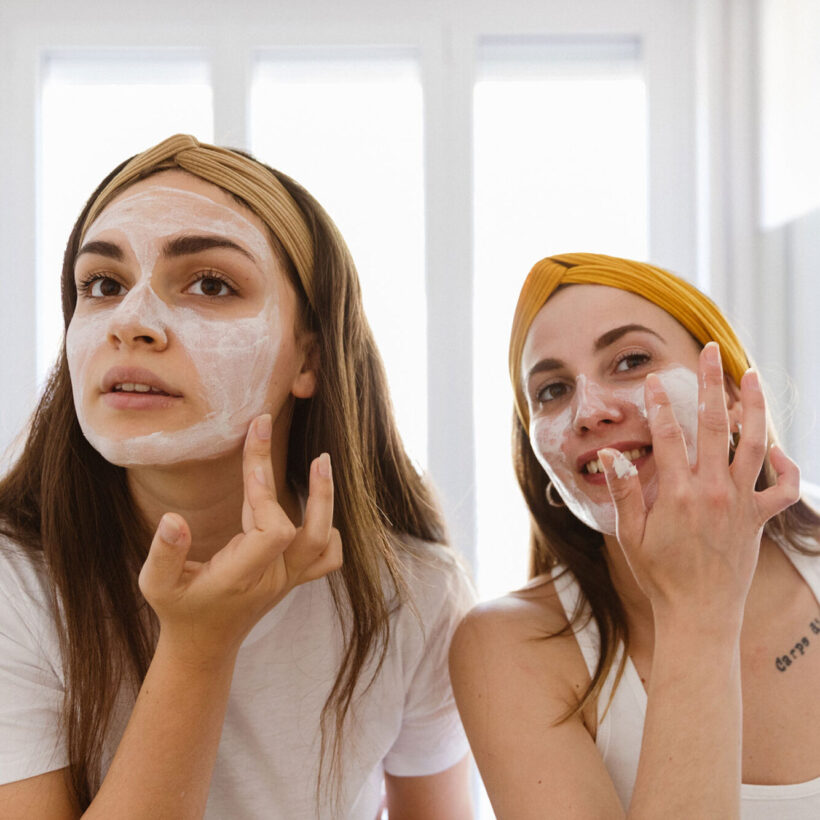Even if something is not labeled “anti-aging,” is not the ultimate goal every time we slap on any skincare product to age gracefully? However, knowing when to start using specific anti-aging products can be very confusing. Some people say it is never too early to start. Others say that the more active ingredients you use earlier in life, the more sensitive and reactive it will be when you are older.
To clear the air, our pros weigh in — and they offer a crash course on how to start an anti-aging routine at any age.
What’s the best age to start using anti-aging products, and why?
You mostly see anti-aging products targeted to people in their 50s, 60s, and beyond, but according to the pros, you can start using them as a preventative measure starting at age 25. Your skin at this age might look like it’s in its prime, but thanks to hormonal changes around this time, “your elastin production begins to slow down,” says Marguerite Germain, M.D., a board-certified dermatologist in Charleston, South Carolina.
Over the age of 25? Do not fret — it is never too late to start taking better care of your skin.
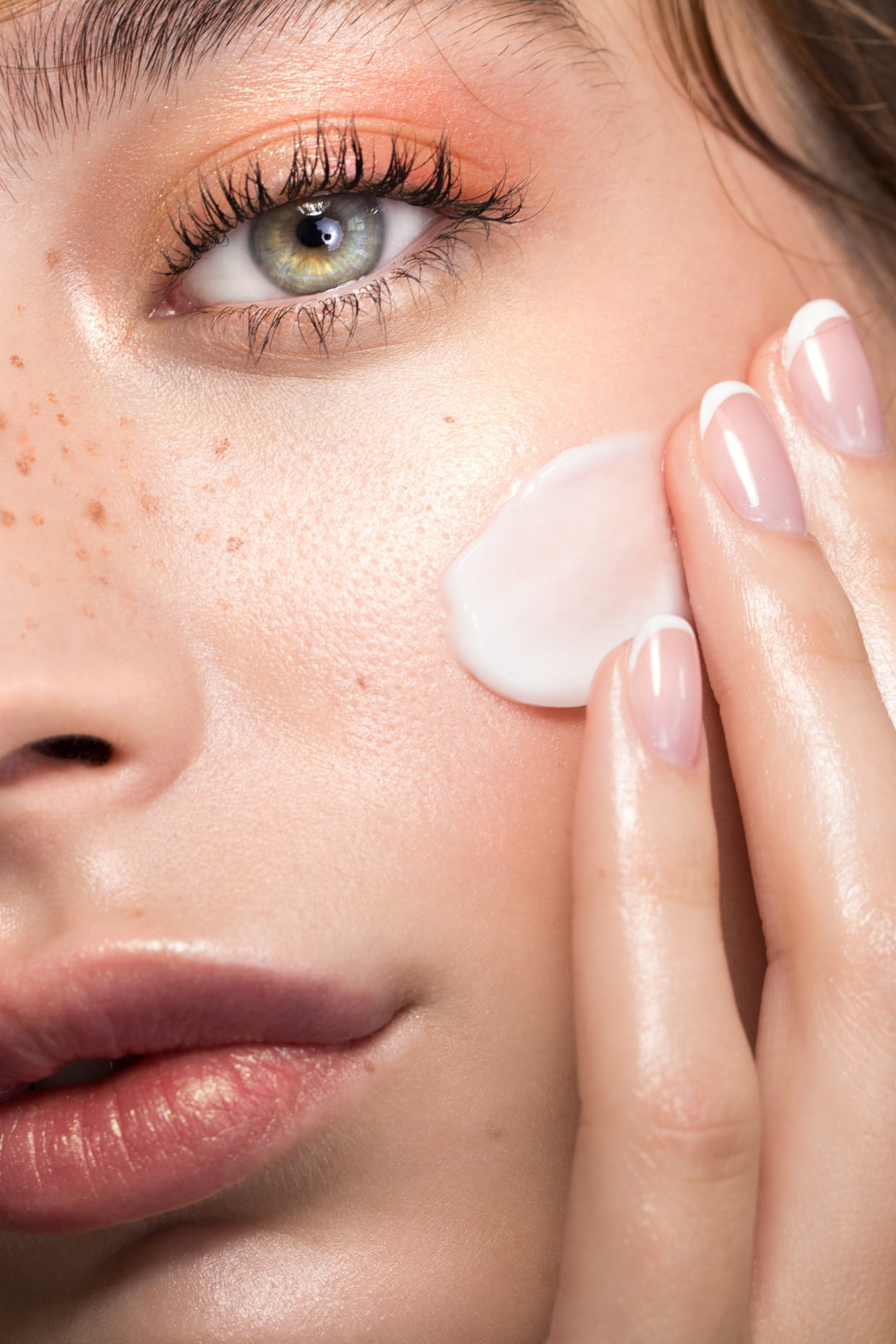
Is any age too young for an anti-aging routine?
There are valid concerns surrounding those in their teens and 20s using products marketed for older people, especially when they contain ingredients like retinoids that encourage cell turnover in the skin. “I don’t think there’s an age-related cut-off,” says Hadley King M.D., a board-certified dermatologist in New York City. “It is important for one to use active ingredients and formulations that don’t cause too much irritation or inflammation in order to achieve sustainable results.”
That said, “make sure the products are right for your skin type and check in with your dermatologist to make sure you are getting the most out of your regimen,” adds Germain.
Will starting an anti-aging routine at an early age help you prevent signs of aging earlier?
Yes. Even at a young age, your skin accumulates damage from environmental pollution, UV rays and toxins. Anti-aging regimens can help slow down fine lines and wrinkles that may occur from those external causes, as well as natural aging.
Hopefully, you already include the most fundamental product to anti-aging every single day — sunscreen. “The single most important active ingredient to prevent skin aging is sun protection, and this is true at all ages,” says King. “Combining this with an antioxidant formulation (like a vitamin C serum) increases the benefits by decreasing damage from free radicals from UV radiation, pollution and other sources.”
Can anti-aging ingredients be harmful to your skin when used at an early age?
Starting a thorough skincare regimen in your early 20s will not do damage to your skin later down the line. However, it’s still possible to overdrive your skin into major sensitivity with active ingredient abuse. “Don’t misuse, overdo or combine an anti-aging product with others that don’t mesh well,” says Sheel Desai Solomon, M.D., a board-certified dermatologist in Raleigh, North Carolina. For example, “using too many chemical exfoliants or using them too often (also known as over-exfoliating) can damage the skin barrier,” says Germain. “Signs that your skin barrier is damaged include skin that looks red, irritated, swollen, flaky or cracked.”
Will your skin become dependent on anti-aging products?
No, but what might happen is that as with anything else, you build up a tolerance to things you use. So over time, if you find that your skin is adjusting to a product, either switch up the products in your routine or start to use higher concentrations of anti-aging ingredients.
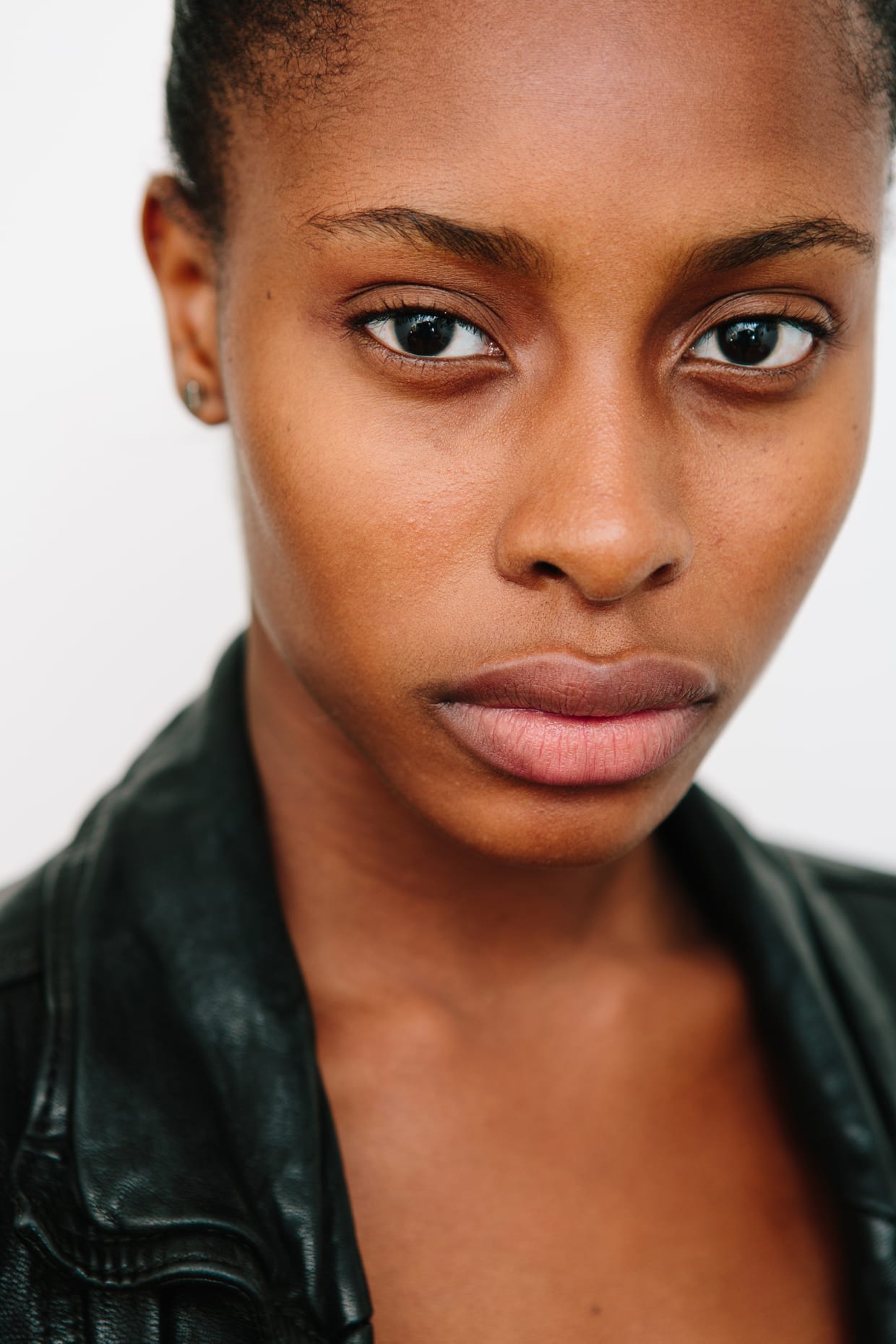 Keep in mind that the earlier you start an anti-aging routine, the more often you may need to adjust your products throughout your life.
Keep in mind that the earlier you start an anti-aging routine, the more often you may need to adjust your products throughout your life.
Aside from daily SPF, what type of ingredients are anti-aging all-stars if you are new to starting a routine?
If you are in your 20s, start by slowly introducing one new product at a time to see how your skin reacts. Solomon suggests concentrating your anti-aging products around your eyes, which are usually the first part of the face to show age.
Antioxidants like vitamin C “are great as a preventative treatment because they shield the skin from free radical damage caused by the sun and environmental pollutants,” says Germain.
Add a retinol product, which is “a wrinkle-fighting powerhouse that will not only keep breakouts at bay but will improve tone and texture,” she says.
For hydration, look for products with hyaluronic acid — “it is a molecule that draws water into the skin, keeping it supple and preserving a youthful glow,” she adds.
How should your anti-aging routine change as you get older?
Step it up with an eye cream that contains retinol to “help prevent any fine lines and wrinkles in that delicate area,” says Germain.
Incorporate alpha-hydroxy acids (AHAs) like glycolic acid “to reduce the appearance of wrinkles by encouraging the dead top layer of the skin to shed more effectively and to allow better penetration of other beneficial ingredients,” adds Solomon.
Alternatively, lactic acid is another excellent AHA in improving skin texture. “It also has an extra benefit: It helps improve the skin’s natural moisture factor. so it’s able to keep the skin moisturized and feeling less dry,” says King. Mature skin can handle higher concentrations (10% or more) of AHAs in products.
“If you have brown spots from the sun, you may want to consider hydroquinone, which has been the gold standard for lightening dark spots,” says Solomon. “You can buy these in over-the-counter preparations or get a stronger concentration from a dermatologist.”
What if my skin can’t handle anti-aging products?
If your skin is becoming irritated, inflamed and overly sensitive, then consider backing away from some of the active ingredients you’re using. “You may find, for example, that you can use sun protection and antioxidants every day, retinoids every other night, and an alpha-beta exfoliating product every five to 14 days without too much irritation versus when you were trying to use all of these every day,” explains King. “And I think it is best not to use too many active ingredients at the same time because it is difficult to know if they are compatible with each other or if some may be diluting or deactivating the effects of others.”
We only recommend products we have independently researched, tested, and loved. If you purchase a product found through our links, Sunday Edit may earn an affiliate commission.
